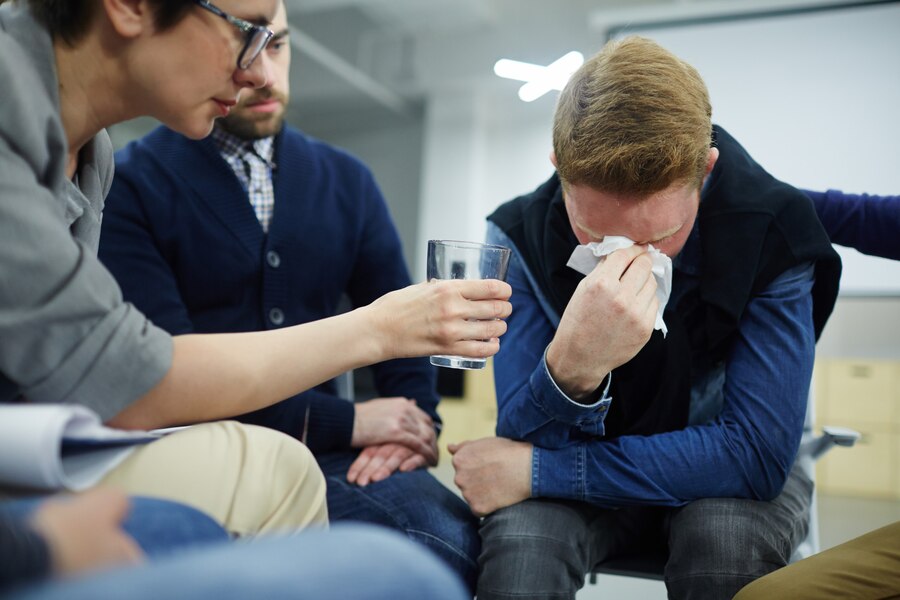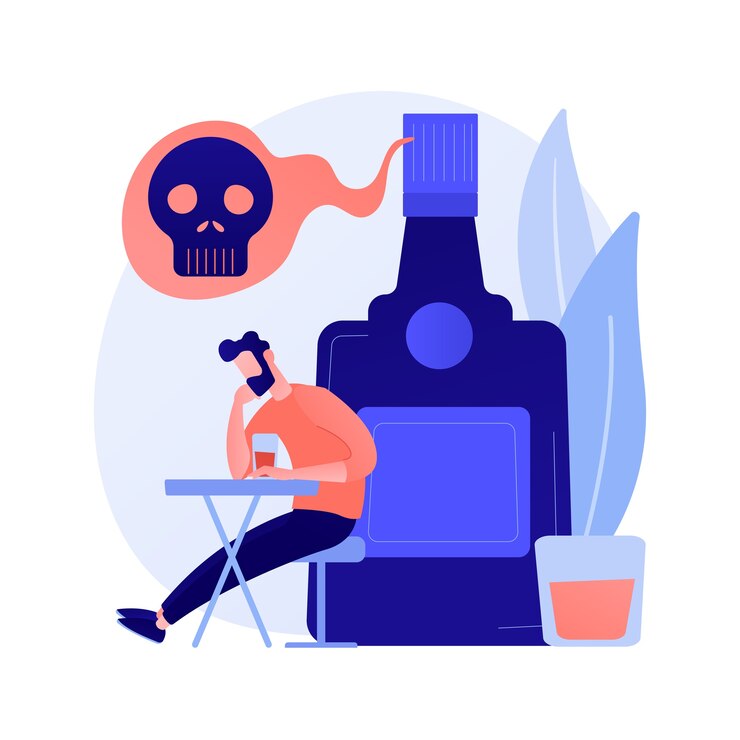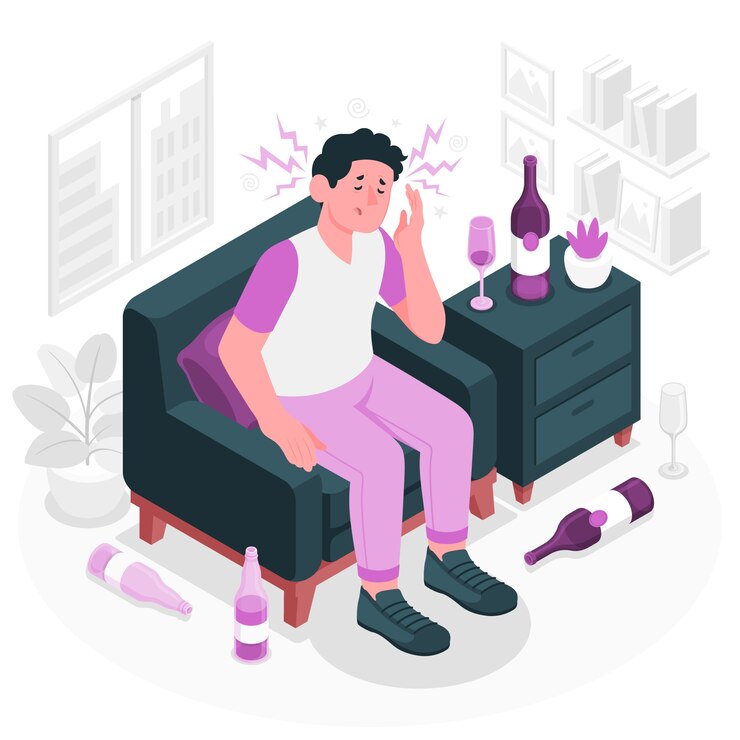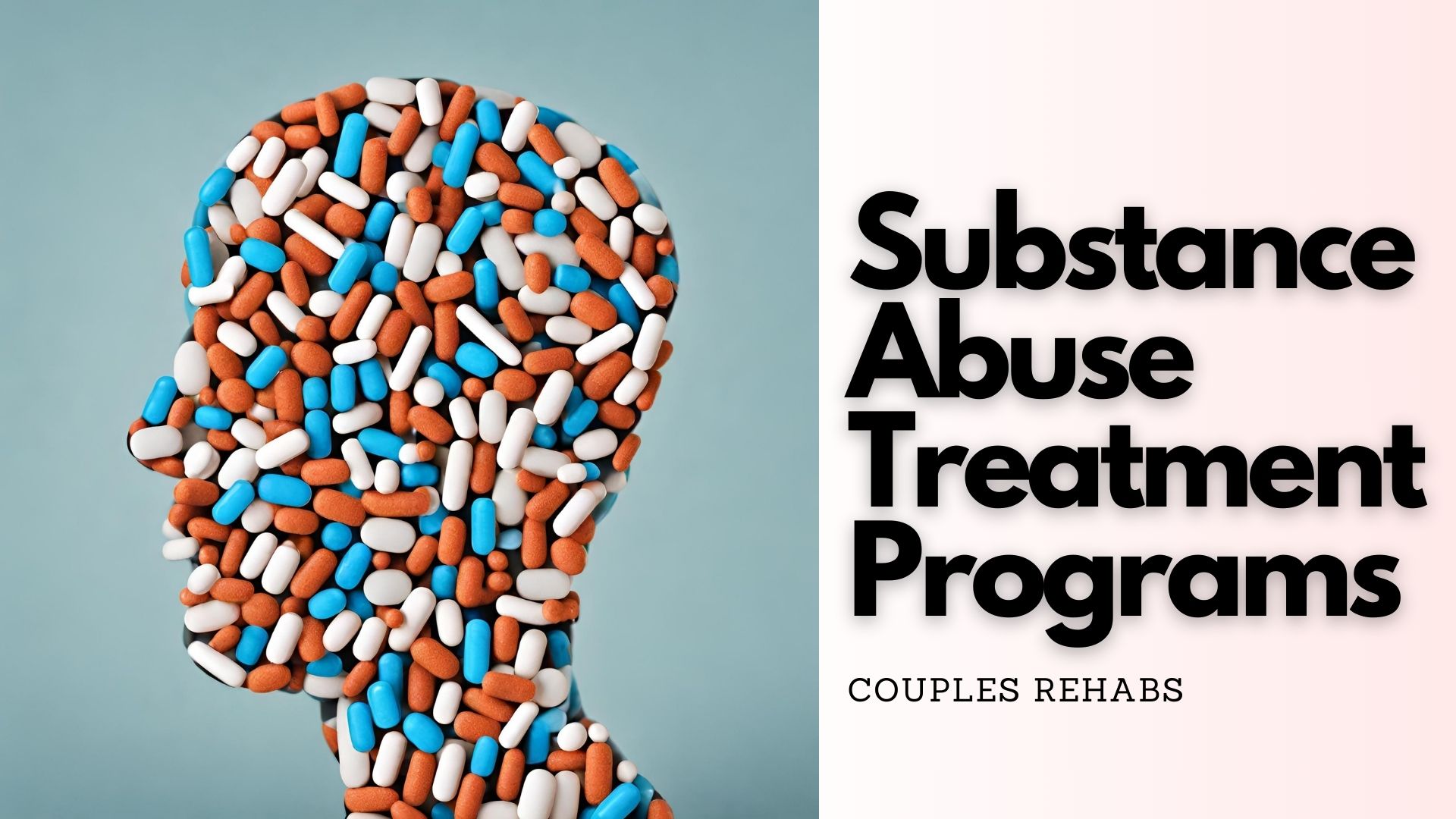Counselor Specializing in Alcohol Addiction Treatment in Orange, California
Alcohol addiction is undoubtedly a significant concern, impacting millions of individuals globally. In Orange, California, individuals grappling with alcoholism have access to a multitude of resources aimed at supporting their recovery journey. From dedicated counselors specializing in alcohol addiction treatment to specialized alcohol addiction treatment centers, the city offers a diverse array of options for those in need of assistance.
Addiction Treatment Services 888-325-2454
Counselors specializing in alcohol addiction treatment play a crucial role in providing personalized support and guidance to individuals seeking to overcome alcoholism. These professionals offer individualized counseling sessions, group therapy, and evidence-based interventions tailored to address the unique needs and challenges of each client.
Counselor Specializing in Alcohol Addiction
One of the most important resources for individuals struggling with alcohol addiction in Orange, California is a counselor specializing in alcohol addiction treatment. These professionals have the expertise and experience to help individuals address the underlying issues that contribute to their addiction. By working with a counselor, individuals can gain valuable insights into their behavior and develop strategies for overcoming their addiction.
Alcohol Addiction Treatment Specialist
Another key resource for individuals seeking help with alcohol addiction in Orange, California is an alcohol addiction treatment specialist. These professionals have specialized training in treating alcohol addiction and can provide targeted interventions to help individuals overcome their addiction. By working with a specialist, individuals can receive personalized care that is tailored to their specific needs.

Counseling Expertise in Alcohol Addiction
In addition to counselors and specialists, Orange, California also offers a wide range of counseling services for individuals struggling with alcohol addiction. These services provide individuals with the opportunity to explore their thoughts and feelings in a safe and supportive environment. By working with a counselor who has expertise in alcohol addiction, individuals can gain valuable insights into their behavior and develop strategies for recovery.
Expert Perspectives on Alcoholism Treatment
Alcoholism treatment in Orange, California is a complex process that requires a multidisciplinary approach. By working with experts in the field of addiction treatment, individuals can receive comprehensive care that addresses the physical, emotional, and psychological aspects of their addiction. With the right support and guidance, individuals can overcome their addiction and build a healthier, happier life.
Professional Perspective on Alcohol Addiction Recovery
Recovery from alcohol addiction is a lifelong journey that requires commitment, dedication, and support. In Orange, California, individuals have access to a wide range of resources to help them on their path to recovery. From counseling services to support groups, there are numerous options available for individuals seeking help with alcohol addiction.
By working with professionals who specialize in alcohol addiction treatment, individuals can take the first steps towards a brighter future. Contact us today to learn more about our tailored treatment programs and begin your journey towards lasting recovery and wellness.

- What resources are available in Orange, California for individuals struggling with alcohol addiction? Orange, California offers a variety of resources such as counselors specializing in alcohol addiction treatment, alcohol addiction treatment centers, support groups, and counseling services.
- What role do counselors specializing in alcohol addiction treatment play in recovery? Counselors specializing in alcohol addiction treatment provide personalized support and guidance through individual counseling sessions, group therapy, and evidence-based interventions tailored to address each client’s unique needs.
- Why is it important to work with an alcohol addiction treatment specialist? Alcohol addiction treatment specialists have specialized training in treating alcohol addiction and can provide targeted interventions to help individuals overcome their addiction more effectively.
- What expertise do counselors bring to alcohol addiction treatment? Counselors with expertise in alcohol addiction treatment offer individuals the opportunity to explore their thoughts and feelings in a safe environment, gaining valuable insights and developing strategies for recovery.
- What are the key components of alcoholism treatment in Orange, California? Alcoholism treatment in Orange typically involves a multidisciplinary approach addressing the physical, emotional, and psychological aspects of addiction, with services ranging from counseling to support groups.
- How does professional perspective contribute to alcohol addiction recovery? Professional perspectives on alcohol addiction recovery provide individuals with comprehensive care, guidance, and support necessary for long-term sobriety and wellness.
- What are the benefits of seeking treatment for alcohol addiction in Orange, California? Seeking treatment in Orange, California provides individuals with access to a supportive community, specialized expertise, and tailored treatment programs to support their recovery journey.
- Is recovery from alcohol addiction a lifelong journey? Yes, recovery from alcohol addiction is often considered a lifelong journey that requires ongoing commitment, dedication, and support to maintain sobriety and wellness.
- What steps can individuals take to begin their journey towards recovery from alcohol addiction in Orange, California? Individuals can begin their journey towards recovery by reaching out to treatment centers or counselors specializing in alcohol addiction treatment to explore available resources and start receiving support.
- How can individuals in Orange, California learn more about tailored treatment programs for alcohol addiction? Individuals can learn more about tailored treatment programs for alcohol addiction by contacting local treatment centers, counselors, or support groups for personalized guidance and assistance in their recovery journey.























Recent Comments